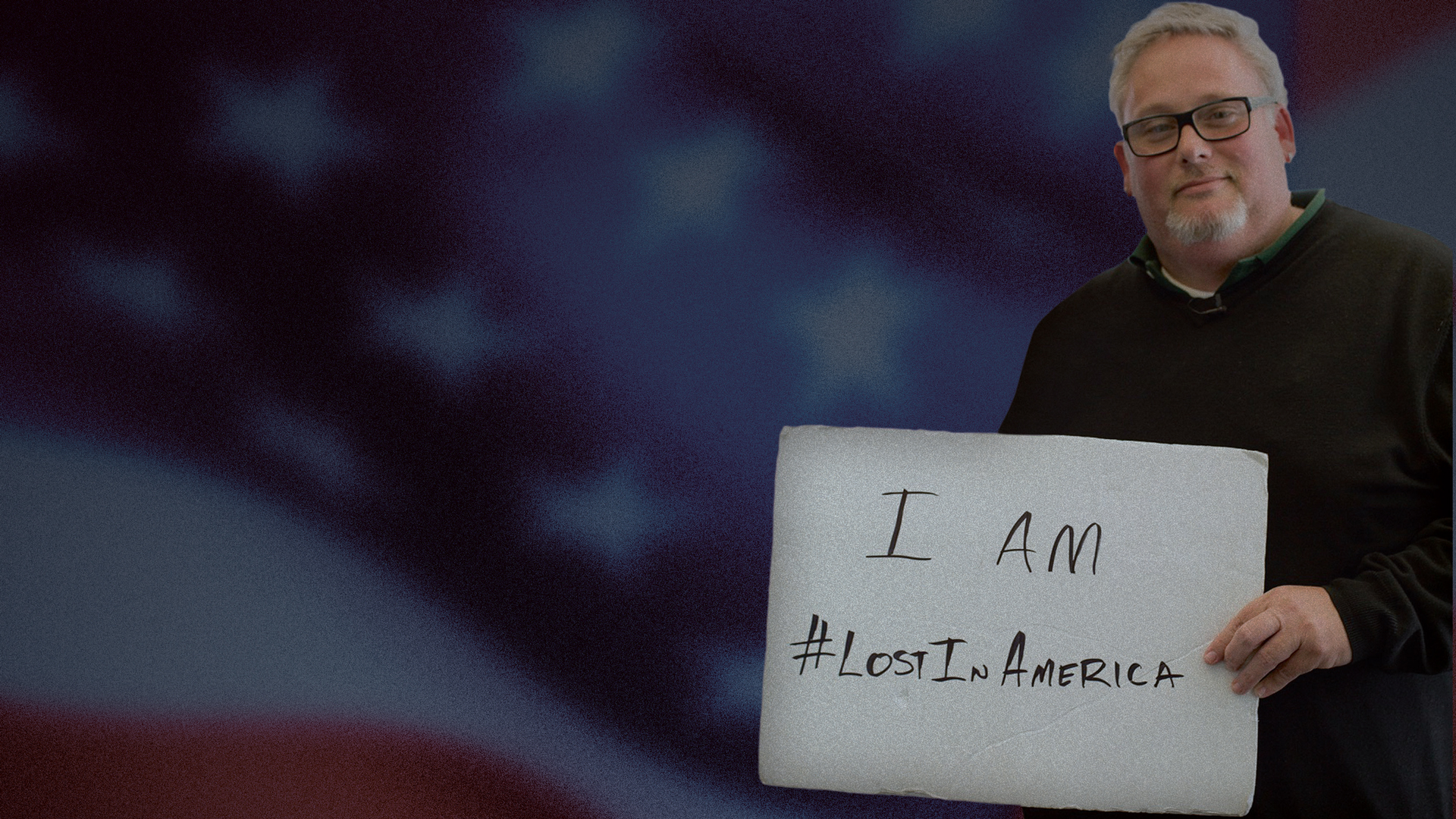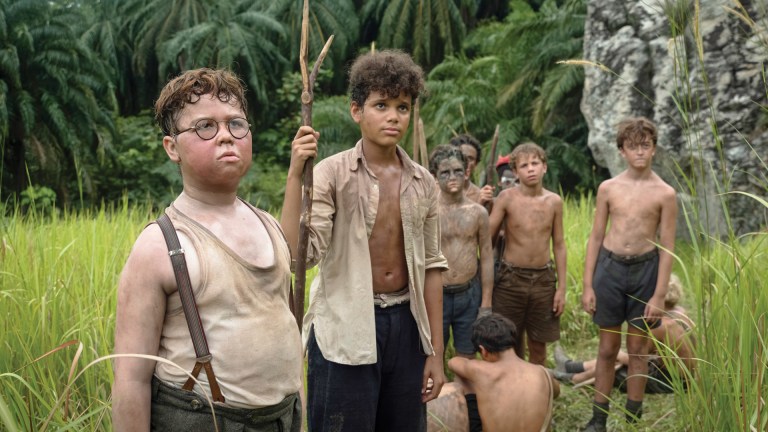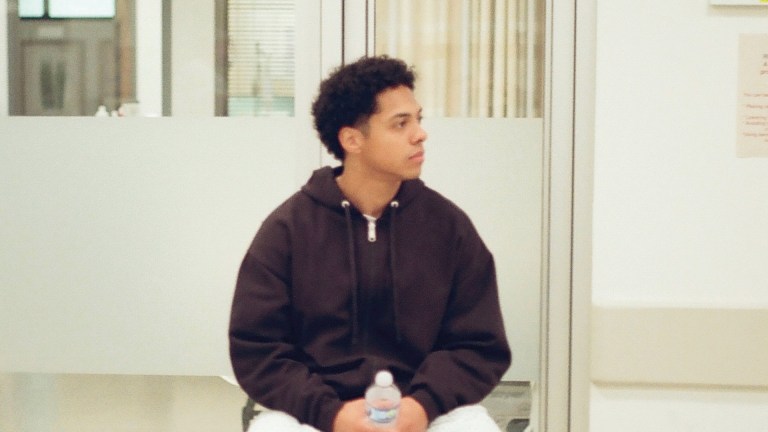I’m the director of Lost in America, a documentary about homeless youth, premiering at Raindance Film Festival on October 6. I am also a former homeless youth.
It took me a very long time to be able to say those words.It’s a lot easier to make up stories about your childhood and life than to admit that your mother fought a losing battle with depression and alcoholism, which ended up with her dying of cancer and you on the streets. But that’s exactly what happened to me and it’s the one experience that has affected me throughout my life.
Being homeless is not some kind of adventure, especially at such a young age. Life on the streets is mundane and lonely. One of the most painful feelings to ever experience is to look at someone who is looking right through you. To know for them you are invisible and they would rather you not exist.
I’d tell her I was out partying the night before so I could use the shower in her hospital room
My time was spent hiding the fact I was homeless from my mother because she was fighting her own battle against cancer. She didn’t need to worry about me. So I spent my days lying to her while I was taking care of her. I’d tell her about my non-existent job and how great things were going. I’d tell her I was out partying the night before so I could use the shower in her hospital room. But the nights were lonely as I slept in my car. After it got towed, I wound up under a bridge. When I was a kid I’d go fishing there with my best friend Mike. But it was more than a decade later and most of my friends had left town so I slept where I once played.
It’s been 28 years since I was on the streets and five years ago I decided it was time to do something about it. I’d just made a narrative film loosely based on my experience called Sugar and after screening it for homeless youth organisations around the US – and even for Congress – I realised it wasn’t enough. I knew a documentary that tackled this issue and shone a light on it was the way forward.
I’ve spent the last five years on Lost in America and it has been the most eye-opening experience of my life. At the beginning I realised that my own government had no clue what was going on. They’d estimated that the number of kids on the street was between 47,000 and 2.8 million. Hardly accurate. There had never been a national count or study on homeless youth. How in the wealthiest country in the world could we have so many homeless kids and be so clueless about it?









